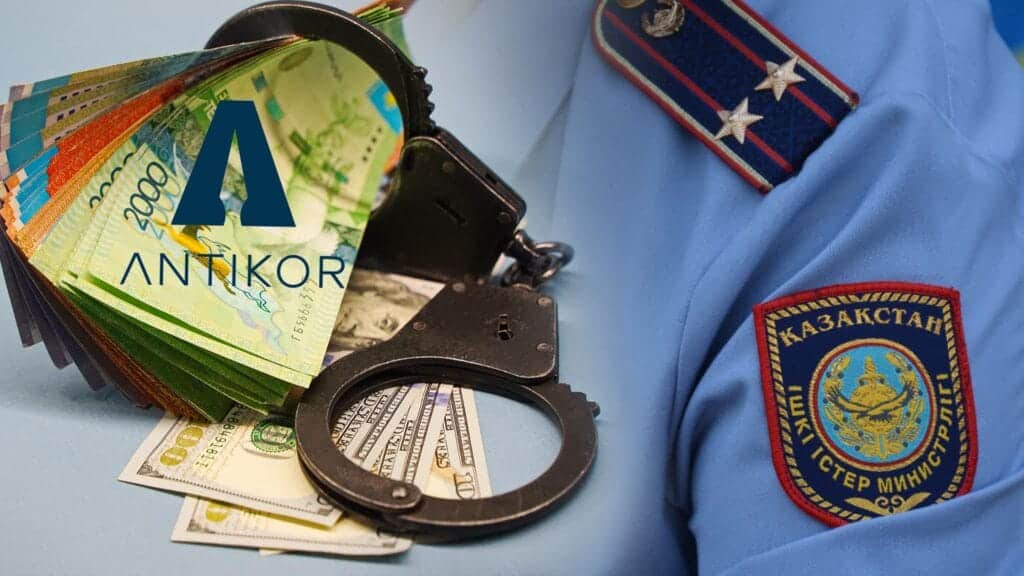Anti-corruption agency proposes secret examinations for law enforcement officers

Kazakhstan may introduce a secret examination procedure to ensure that police officers, representatives of prosecutor offices, departments for economic investigations and the anti-corruption service abide by the rules. The initiative was proposed by the Anti-Corruption Agency to reduce corruption.
What happened? The Anti-Corruption Service has published a draft document on a test for acting ethically on the legalacts.egov.kz website.
What does the document propose? The Anti-Corruption Agency is unhappy to see law enforcement agencies among the most corrupt public services as they lack effective anti-corruption mechanisms. That is why the agency has proposed a test for police officers and employees of prosecutor offices and other law enforcement agents for following the rules.
«Under this procedure, we would secretly simulate a situation when an office should make the right decision based on ethical rules and official instructions,» the document says.
If an officer fails to pass the test, he would be punished depending on exactly what he did. For example, he might be given a reprimand, reduced to a lower rank, discharged or even prosecuted.
What does the test look like in other countries? According to the draft document, the government in Romania has been testing its police officers for integrity since 2002. A special agency simulates a situation similar to the day-to-day work of police officers and secretly collects data about their behavior. This testing is necessary to ensure that each officer knows that the government is keeping an eye on him. If a test is failed, the information about that will be transferred to the prosecutors.
What are the preliminary results of the test in Kazakhstan? Kazakhstan has already used the test as a pilot project since July 2022. Since then, the following results have been reported:
- The police officers report bribery attempts seven times more often than before;
- The patrol and migration police reported a drop in corruption by 41% and 76%, respectively; and
- The Anti-Corruption Agency reported a sharp increase in reports by law enforcement agents regarding illegal actions committed by third-party individuals.
What does the Anti-Corruption Agency propose? Citing positive results of the pilot project, the agency suggests introducing a new law on integrity testing. The agency hopes that tests will create new patterns among police officers, prosecutors and regular people.
The law would consist of key principles and methods of professional integrity testing, the rights and responsibilities of officers under the test and those who are going to test them and the list of public jobs that must be tested regularly.
The draft document will be available for discussion until November 8.
What agencies might be affected by the law? In Kazakhstan, law enforcement agencies include prosecutor offices, the Internal Affairs Ministry, the Anti-Corruption Agency and the Economic Investigation Service.

